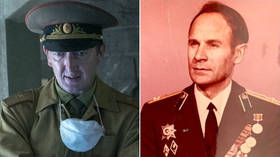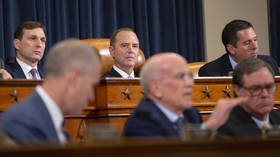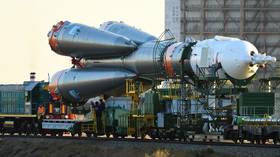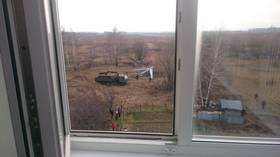Sri Lanka’s former defense chief Rajapaksa becomes country’s new leader
Sri Lanka’s former wartime defense minister Gotabaya Rajapaksa is set to become the country’s new president, winning in an election held months after terrorist attacks plunged the country into political crisis.
Rajapaksa and his brother, a former president of the island nation Mahinda, are credited with bringing an end to the country's quarter century-long civil war in 2009, when government troops defeated Tamil separatists.
Seventy-year-old Rajapaksa, the candidate for the Sri Lanka Podujana Peramuna (SLPP) party, got more than half of the votes, compared to roughly 42 percent in favor of his main rival Sajith Premadasa, who was supported by Tamil and Muslim minorities.
Also on rt.com Muslim Sri Lankan ministers resign in protest over terrorism accusationsIn his first comments, Rajapaksa promised to be a leader of all Sri Lankans, regardless of their ethnic and religious identities. “As we usher in a new journey for Sri Lanka, we must remember that all Sri Lankans are part of this journey. Let us rejoice peacefully, with dignity and discipline in the same manner in which we campaigned,” Rajapaksa tweeted.
A series of bombings ripped through hotels and churches holding Easter services in Sri Lanka on April 21 this year, killing more than 250 people. Following the blasts, authorities declared a state of emergency and arrested over 100 people countrywide in counter-terrorist raids.
The country’s president Maithripala Sirisena who faced criticism over the government's handling of an intelligence report warning of the terrorist threat prior to the attacks, decided not to run in the current election.
A wave of anti-Muslim sentiment has swept the country in the wake of the attacks resulting in a number of mosques and Muslim shops targeted across the island. Another attack was reported on election day when unidentified gunmen fired on a convoy of some 100 buses carrying mostly Muslim voters near the northern town of Thanthirimale. Police said three buses were damaged but no one was injured as a result of the incident.
Like this story? Share it with a friend!











